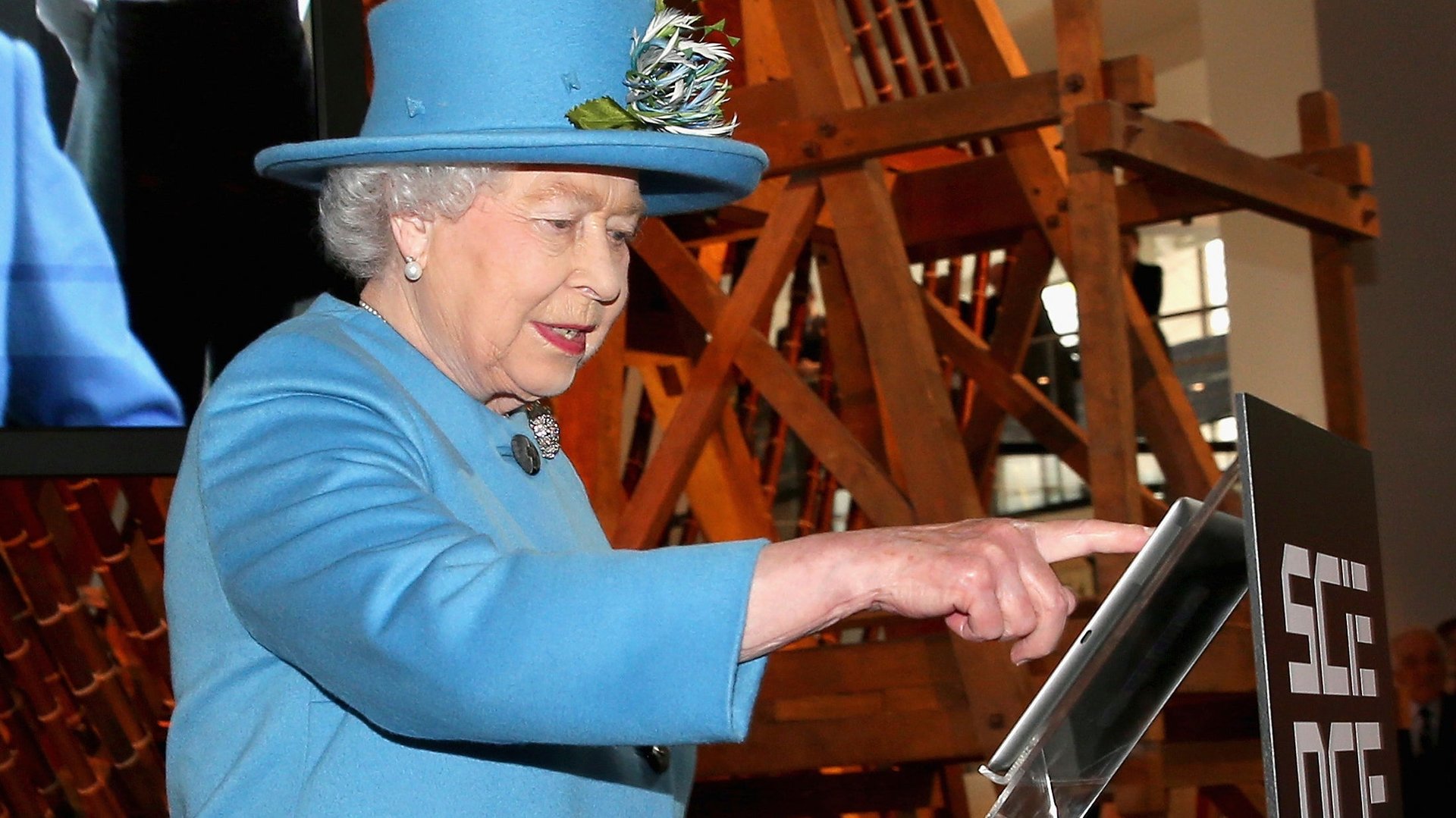2014 was the year when tweeting less became a virtue
One of my goals this year has been to tweet less. Here’s my thinking: With all the noise out there, I’d be better off tweeting fewer (ideally, higher quality) ideas, jokes, and links.


One of my goals this year has been to tweet less. Here’s my thinking: With all the noise out there, I’d be better off tweeting fewer (ideally, higher quality) ideas, jokes, and links.
It has mostly worked. My tweet total is roughly flat this year from last year, around two public blasts per day. Most of my tweets—another 14 per day, on average—are replies to other users. These are only easily visible to people who follow both accounts, and serve as a semi-private messaging system, so I’m less concerned about those. This year, I also started working for Quartz, and since then I have tweeted links to Quartz stories 303 times. If you excluded those, I’d be doing even better.

Restraint has paid off. By deleting most bad jokes or lame observations before tweeting them, I have retained my most valuable followers and avoided personal drama or professional catastrophe.
Others haven’t been quite so lucky. Read, for example, Gawker writer Sam Biddle’s account about how a few distracted, sarcastic tweets aimed at the “GamerGate” crowd spun out of control into “a whirlpool of spleen and cholera swelling till it had sucked in most of my energy and attention, along with that of many of my coworkers.” Those few tweets reportedly cost his employer ”seven figures” in lost advertising revenue (though this was admittedly an unusual situation.)
On the other end of the spectrum is Marc Andreessen, the famed Netscape co-founder who is now a startup investor in Silicon Valley. Andreessen tweeted only twice before starting in earnest this year at 12:01am Pacific time. He has since tweeted more than 41,000 additional times, or about 115 per day. (Most of his tweets are replies, too—see our detailed analysis.) He even invented a genre of Twitter conversation: the Tweetstorm, a series of numbered tweets about a common topic, which started as a clever hack around Twitter’s 140-character length limit. To the extent that one can win at Twitter by talking a lot, Andreessen won this year.
Andreessen says he will keep tweeting in 2015—this wasn’t some sort of one-off experiment. But I bet he’ll eventually tweet less. “It’s a marvelous way to connect to the world,” he says via email. “It’s amazing how many smart people are on it.” He adds, with a smiley-face emoticon: “Of course, it’s also amazing how many people with unresolved rage issues are on it.”
One of Biddle’s takeaways from those instant-outrage mobs is that the best way to get out of trouble is to just stop. “When you fuck up on the internet, do nothing. Say nothing. Remain motionless as best you can, no matter how much you want to explain, or argue, or contextualize. Shut up! Just shut up.”
This sounds like a reasonable way to get out of a mess, but it’s also a good starting point. When I look at someone’s Twitter feed these days, I’m hoping for restraint, not someone with a fabulous job who is clearly goofing off all day. True luxury is not tweeting. And having spent hundreds of hours reading Twitter this year—that’s next year’s habit to kick—my conclusion is that I wish more people shared the same goal.